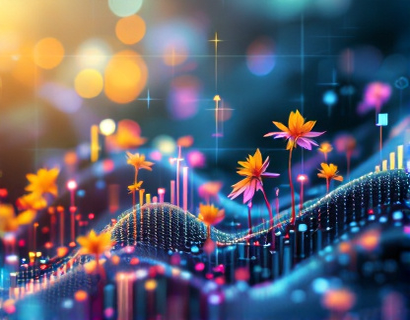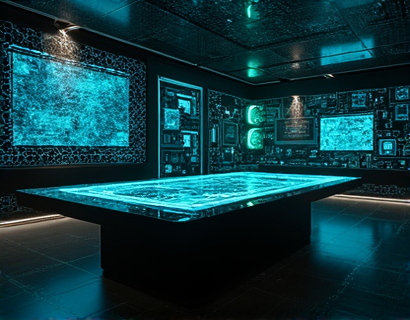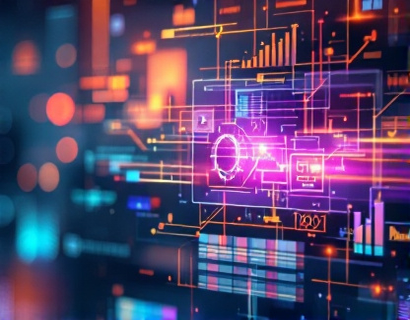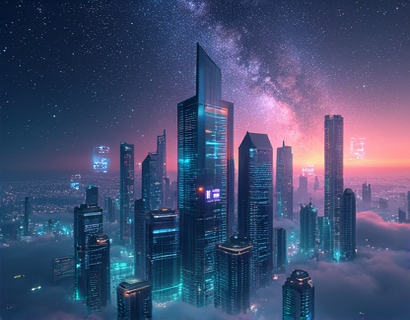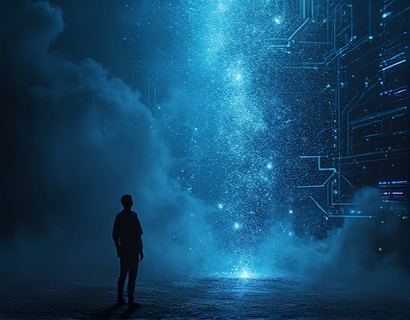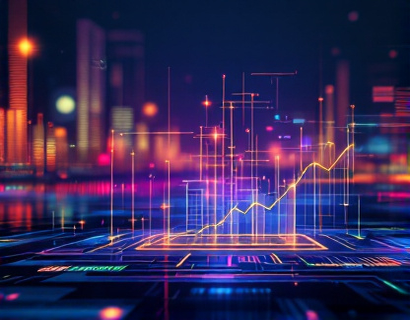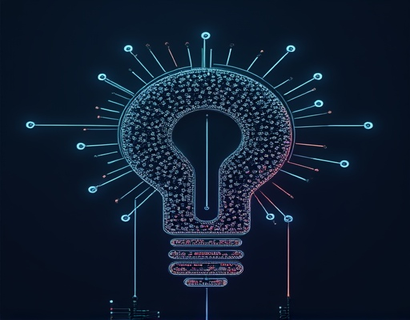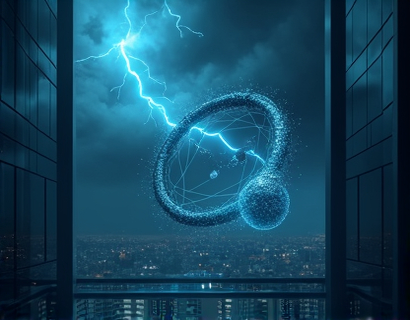Unlocking Musical Potential: Harnessing AI for Advanced Composition and Production
The landscape of music creation is evolving rapidly, driven by technological advancements that are reshaping how artists compose, produce, and share their work. Among these innovations, artificial intelligence (AI) stands out as a transformative force, offering tools that not only streamline the music-making process but also enhance creativity and sound quality. This article explores how AI is unlocking new dimensions in music composition and production, empowering both professional artists and emerging creators to realize their artistic visions.
The Role of AI in Music Creation
AI technology has made significant inroads into various creative fields, and music is no exception. By leveraging machine learning algorithms and data analysis, AI can assist musicians in numerous ways, from generating melodies and harmonies to suggesting arrangements and soundscapes. This capability allows artists to focus more on their creative instincts while relying on AI to handle repetitive or technical tasks.
Streamlining Composition
One of the most exciting applications of AI in music is its ability to streamline the composition process. Traditional composition can be time-consuming, requiring extensive knowledge of music theory and instrumentation. AI tools can analyze vast amounts of musical data, learning patterns and styles that can be applied to new compositions. For instance, an AI system can generate chord progressions, suggest melodies, or even create entire songs based on a few input parameters provided by the user.
This not only saves time but also opens up new avenues for creativity. Musicians can experiment with ideas they might not have considered, leading to innovative compositions that push the boundaries of traditional music. By using AI as a collaborative partner, artists can explore different genres, styles, and techniques, ultimately enriching their musical output.
Enhancing Sound Quality
In addition to aiding composition, AI plays a crucial role in enhancing sound quality during the production phase. Advanced AI algorithms can analyze audio tracks, identifying areas for improvement and suggesting adjustments to achieve a polished final product. This includes everything from mixing and mastering to sound design and effects processing.
For example, AI-driven tools can automatically balance levels, remove unwanted noise, and apply equalization to ensure that each element of a track is clear and well-defined. This level of precision was once reserved for professional studios with expensive equipment and experienced engineers. Now, with AI, even independent musicians can achieve studio-quality sound from their home setups.
Intuitive Features That Inspire Creativity
One of the key advantages of AI music creation tools is their user-friendly interfaces. Many of these applications are designed with the end-user in mind, offering intuitive features that make the music-making process accessible to everyone, regardless of their technical expertise. This democratization of music production is particularly beneficial for emerging artists who may not have formal training in music theory or production techniques.
Interactive Learning and Feedback
AI tools often incorporate interactive learning features that provide real-time feedback to users. For instance, a musician working on a melody can receive suggestions for chord progressions or rhythmic variations based on their input. This immediate feedback loop encourages experimentation and helps users develop their skills over time.
Moreover, many AI music creation platforms offer tutorials and guided workflows that teach users how to utilize the software effectively. This educational aspect not only enhances the user experience but also empowers musicians to take control of their creative process, fostering a sense of ownership over their work.
Collaboration and Community
AI music tools also facilitate collaboration among musicians, allowing them to share ideas and work together seamlessly, regardless of geographical barriers. Online platforms enable artists to upload their compositions, receive feedback, and collaborate on projects in real-time. This sense of community is invaluable for emerging creators, as it provides opportunities for networking, learning, and growth.
Transforming Musical Ideas into Reality
The ultimate goal of any music creation tool is to help artists transform their ideas into reality. AI technology excels in this regard by providing the resources and support needed to bring musical visions to life. Whether it’s a simple melody or a complex orchestral arrangement, AI tools can assist in every step of the process, from initial concept to final production.
Bridging the Gap Between Inspiration and Execution
Many musicians experience moments of inspiration that can be fleeting. AI tools can help bridge the gap between these moments and the execution of a complete piece. For example, a musician might have a catchy hook in mind but struggle to develop it further. An AI composition tool can take that hook and generate variations, helping the artist explore different directions and ultimately leading to a finished song.
This capability is particularly beneficial in a fast-paced music industry where trends can change rapidly. By harnessing AI, artists can quickly adapt their ideas and stay relevant, ensuring that their music resonates with audiences.
AI in Music Production: A Game Changer
The production phase of music creation is where many artists feel the most overwhelmed. With so many technical aspects to consider, it can be challenging to maintain creativity. AI is changing this dynamic by automating many of the tedious tasks associated with music production.
Automated Mixing and Mastering
AI-driven mixing and mastering tools can analyze a track and make adjustments based on industry standards. These tools can automatically balance levels, apply compression, and enhance frequencies to ensure that the final mix sounds polished and professional. This automation allows artists to focus on the creative aspects of their work rather than getting bogged down in technical details.
Furthermore, AI can learn from user preferences, adapting its suggestions to align with an artist’s unique style. This personalized approach ensures that the final product reflects the artist's vision while benefiting from the precision and efficiency of AI technology.
Sound Design and Effects Processing
AI is also making waves in sound design, enabling musicians to create unique sounds and effects that enhance their compositions. By analyzing existing sounds and identifying patterns, AI can generate new audio textures that can be incorporated into tracks. This capability allows artists to experiment with sound in ways that were previously unimaginable.
Additionally, AI can assist in effects processing, suggesting the best plugins and settings to achieve a desired sound. This guidance can be invaluable for artists who may not have extensive experience with sound design, helping them achieve professional-quality results.
The Future of Music Creation
As AI technology continues to advance, the future of music creation looks promising. We can expect to see even more sophisticated tools that further enhance the creative process, making it easier for artists to express themselves and connect with their audiences.
Personalized Music Experiences
One of the most exciting prospects of AI in music is the potential for personalized music experiences. AI algorithms can analyze listener preferences and create tailored playlists or even generate custom songs based on individual tastes. This level of personalization could revolutionize how music is consumed, allowing listeners to engage with music in a more meaningful way.
Integration with Other Technologies
AI is also likely to integrate with other emerging technologies, such as virtual reality (VR) and augmented reality (AR). This integration could lead to immersive music experiences that allow listeners to engage with music in entirely new ways. Imagine attending a virtual concert where the music adapts in real-time based on audience reactions, creating a unique experience for every listener.
Conclusion
In conclusion, the integration of AI in music composition and production is unlocking new creative potentials for artists at all levels. By streamlining the music-making process, enhancing sound quality, and providing intuitive tools that inspire creativity, AI is transforming the way musicians approach their craft. As technology continues to evolve, we can expect even more innovative solutions that empower artists to bring their musical visions to life. Embracing these advancements will not only elevate individual artistic journeys but also enrich the global music landscape, fostering a new era of creativity and collaboration.





